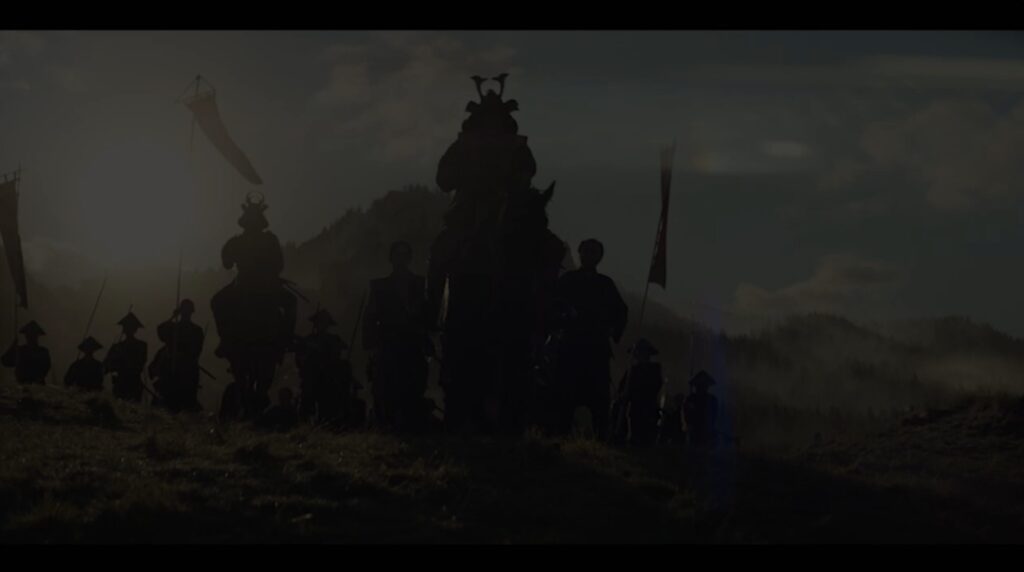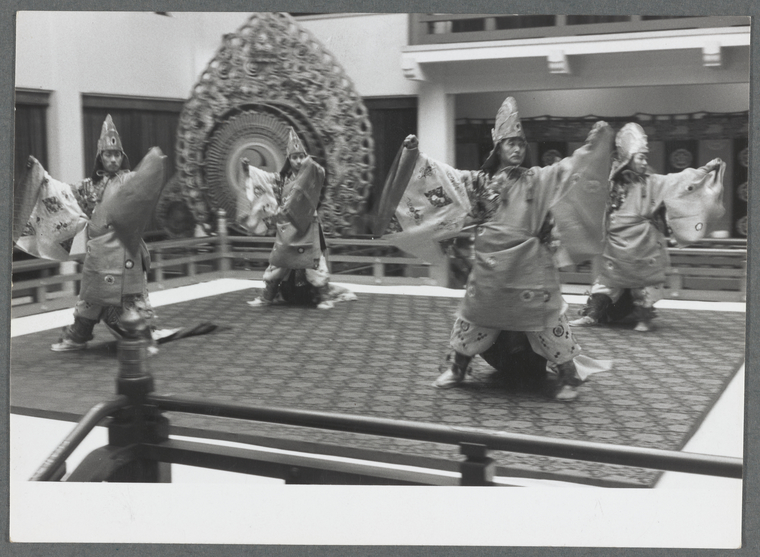
The FX epic drama "SHOGUN" is based on a novel by James Clavell, a British-born author, screenwriter, and film director who later became a U.S. citizen. The novel was first adapted into a television series in the U.S. in 1980, with over 33% of households with TVs tuning in. In Japan, a film version was released that same year, followed by a TV series in 1981, which also became a huge topic of discussion.
In the previous adaptation, the protagonist, English navigator John Blackthorne (Anjin), is the sole focus, and the Japanese characters' dialogue was not subtitled. This bold directorial choice likely helped American viewers of the time experience Blackthorne's anxiety and culture shock firsthand. With little exposure to Japanese language back then, the unfamiliar sound of Japanese dialogue may have felt more like an atmospheric sound effect than simple dialogue.

In contrast, the new remake features multiple protagonists, including Toranaga, Blackthorne, and Mariko, with intersecting perspectives.
This time, the Japanese dialogue is subtitled, allowing viewers to better understand each character’s emotions and actions. Foreign audiences are now more familiar with the Japanese language and have a deeper understanding of Japan’s history compared to when the original was aired, making the mysterious "foreign land" trope less effective. As a result, traditional Japanese music, including gagaku and other native instruments, plays a much more significant role in setting the tone.
All the main characters are deeply rooted in the history and structure of feudal Japan. They embody the pride and spirit of the samurai, while also experiencing very human emotions of fear, anxiety, and confusion as they navigate the tumultuous world around them. Gagaku and other traditional Japanese sounds effectively reflect these emotions and situations, carrying the weight of Japan's ancient history with them. The drama, set in the Sengoku period, uses the music of that era, adding layers of realism.
According to Taro, "Atticus and his team were fascinated by the mysteriousness of gagaku and Japanese music." It’s not just foreign audiences; modern Japanese people also find gagaku mystical and almost supernatural in its sound. Taro himself is one of them.

Why, then, do people both inside and outside Japan, feel this sense of "mystery" and "mysticism" in gagaku? What makes it so compelling?
In the 1930s, there was a foreign conductor who keenly recognized this appeal. Leopold Stokowski, one of the world’s top orchestra conductors, who led ensembles like the Philadelphia Orchestra, was deeply moved by gagaku, particularly the piece "Etenraku." He was so inspired that he orchestrated it for his orchestra and recorded it.
Stokowski reportedly said, "It's hard to believe that music of such a wonderful structure existed over a thousand years ago."
"A sound unchanged for over a thousand years"
"A perfected sound that existed more than a thousand years ago."
It seems the time has come to trace the roots of gagaku.
Why did Taro become interested in gagaku and eventually compose music inspired by it?
The answers may lie there.
Written by Atsuko Aoyagi / ao.Inc.
#DailyThoughts #JapaneseTraditionalMusic #Composition
#Gagaku #ComposingGagaku #NonMusic #GagakuPerformance
#FilmMusic #CinematicMusic #SpatialMusic #GagakuStories
#WhyIs #Gagaku #Layer #AndMysterious
#soundtrack #movie sound #effect #effects that gagaku brings to movie
#fourth movie sound #immersive #samurai spirits